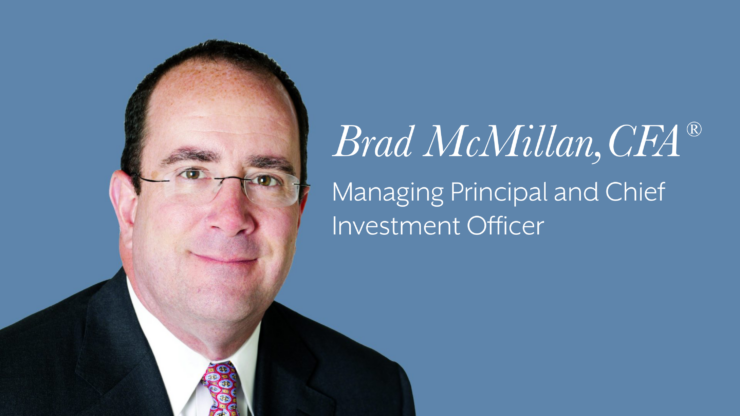Don’t Let ‘Fear of Missing Out’ Derail Your Investment Strategy
February 27, 2019
FOMO is one of the biggest emotional traps in investing. The tendency to concentrate on investments that have recently appreciated and abandon those that have recently declined in value is all too human.
Four centuries ago, a fashionable and exotic import swept Europe. Tulips had just arrived from Central Asia and instantly the flowers, with their bright petals, became a coveted luxury item. Nowhere were they more popular than in the Netherlands. Dutch botanists propagated new varieties, and tulip bulbs became one of the merchant nation’s leading exports. Interest was so strong that by the winter of 1636 to 1637, speculation in future availability of the most desirable tulip bulbs sent prices soaring. Contracts changed hands as many as 10 times a day. Then tulip bulbs mania came to a screeching halt in February 1637, when the contract prices for tulip bulbs collapsed.
We’ve seen similar (though less colorful) scenarios unfold repeatedly since 1637, from the South Sea bubble of 1720 to the dot-com crash and the housing bubble of the early 2000s. The common denominator in these crises is the herd mentality, also known as “Fear of Missing Out,” or FOMO.
FOMO is one of the biggest emotional traps in investing. The tendency to concentrate on investments that have recently appreciated and abandon those that have recently declined in value is all too human. We see this playing out right now in the meteoric rise of Bitcoin, the global payment system known as a cryptocurrency, which rose 1300% in 2017. Do Bitcoin and its related financial technology companies represent real value or pure speculation? We don’t know yet.
Most long-term investors understand how important it is to set goals, remain focused on them, and ignore distractions. And investors must remember the laws of gravity: What goes up must come down. But everyone feels the tug of doubt sometimes. “Sure, I’m doing well ,” we tell ourselves. “But my brother-in-law just got in on a hot investment, and he’s doing even better. Am I missing something?”
Before you jump at a “once in a lifetime opportunity” to own a new type of asset, it is important to lower the volume of emotion and tune in to evidence. We know from history that investors tend to pour into investments when markets are overvalued and run for the exits when markets are undervalued. This is the opposite of the ideal buy-low, sell-high approach to investing. When markets are willing to pay more than the intrinsic value for an asset class, a speculative bubble is developing, and all bubbles eventually burst.
It’s vital to assess your risk tolerance if you develop a bad case of FOMO over any investment. Suppose you are intrigued by Bitcoin and the chip manufacturers and blockchain technology companies that facilitate it. You need to ask, what is your investment time horizon? Do you understand you could lose some or all of your money when you speculate? How dependent are you on investment income? How much can you afford to lose in pursuit of fast capital appreciation? These and other questions will help you gauge your appetite for risk.
If, after assessing your risk tolerance, you decide to explore any new category of assets further, it’s wise to educate yourself before investing. Returning to the Bitcoin example, how do cryptocurrencies work? What infrastructure exists to support them, and what are the investment opportunities? What are the signs that cryptocurrencies are becoming a reliable storehouse of value? What are the political, operational, and economic risks to these new payment mechanisms?
Investing decisions become clearer once you understand your risk appetite, grasp why you like certain opportunities, and evaluate what options are suitable for you. Working with an investment professional is an effective way to develop a diversified portfolio that balances risks and rewards. Financial advisors can help clients understand not only their investing options, but their own style and comfort level with investing. And if working with an advisor who is a fiduciary, they have a duty to put their clients’ interests first at all times. Most importantly, advisors can help clients create a framework for investing that is sturdy enough to weather the markets’ ups and downs, yet flexible enough to allow you to pursue interesting ideas.
Let the Certified Financial Planner® professionals at Williams Asset Management help with your wealth management needs. Whether you need comprehensive and holistic financial planning or investment management, we can help! We are fee-based, independent financial advisors located in Columbia, the heart of Howard County, Maryland. Schedule your complimentary consultation today by calling (410) 740-0220!


